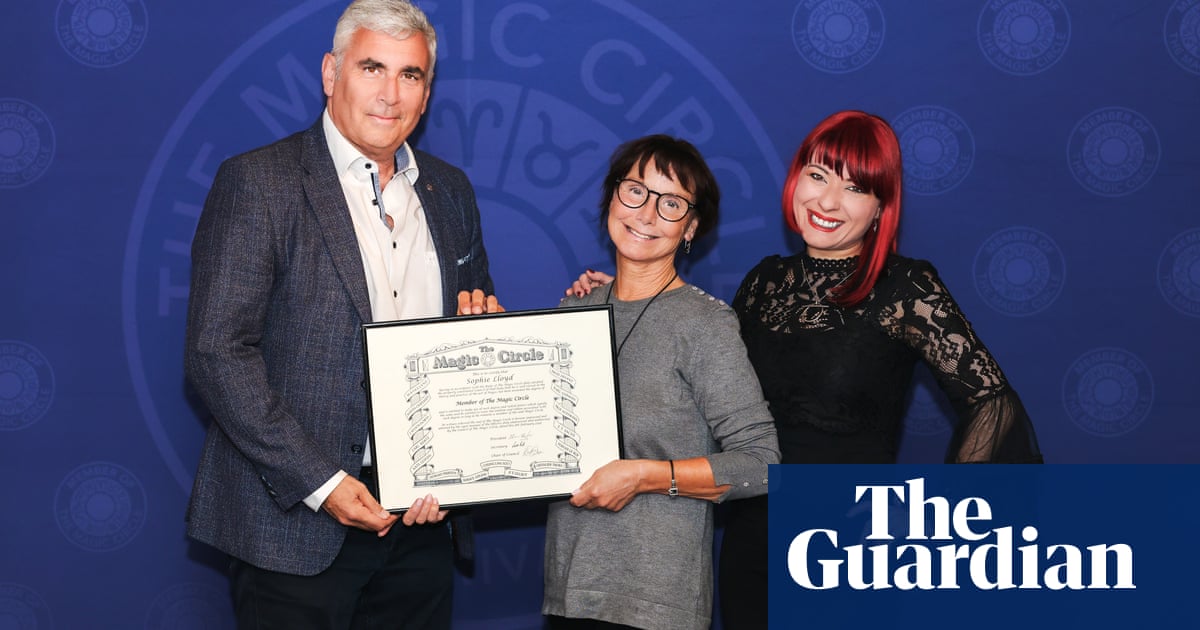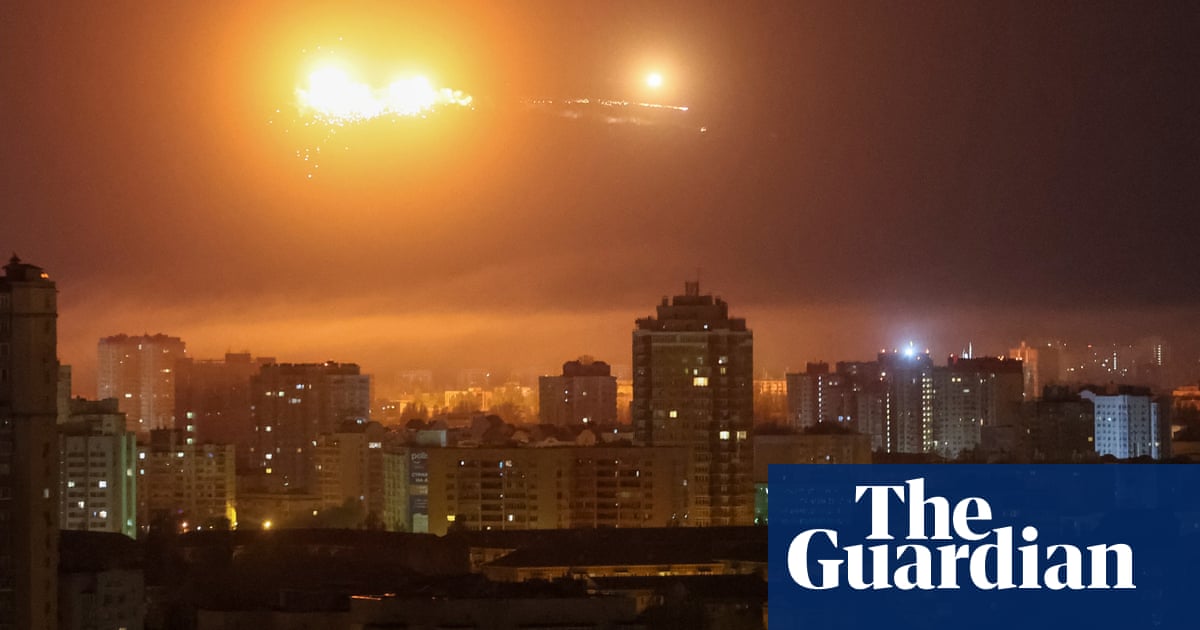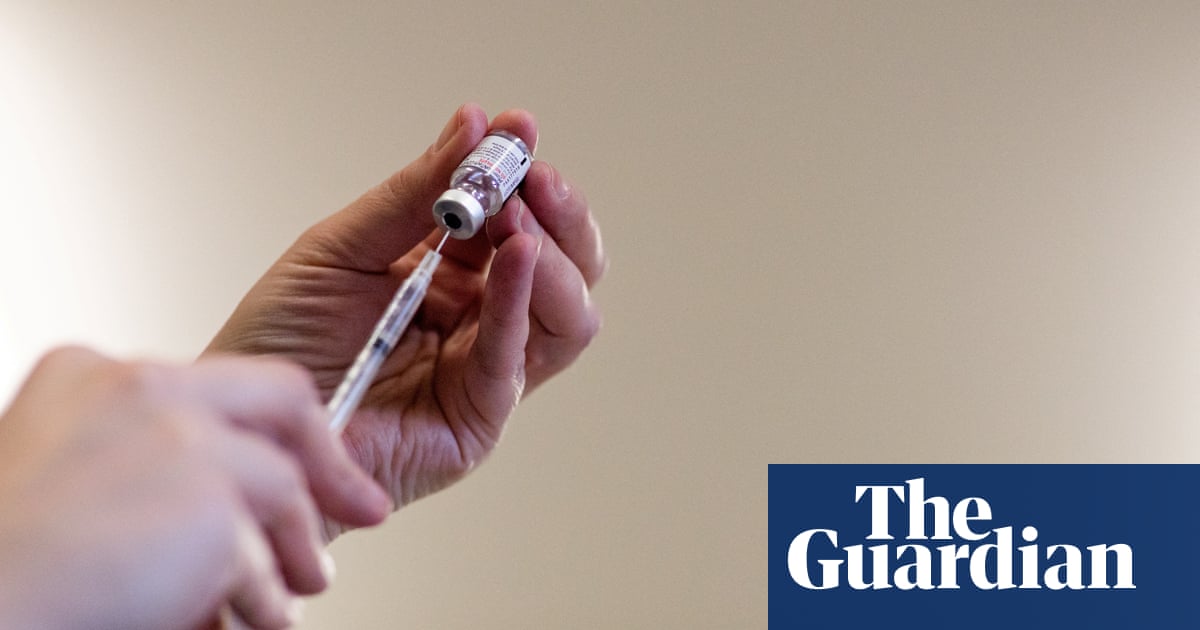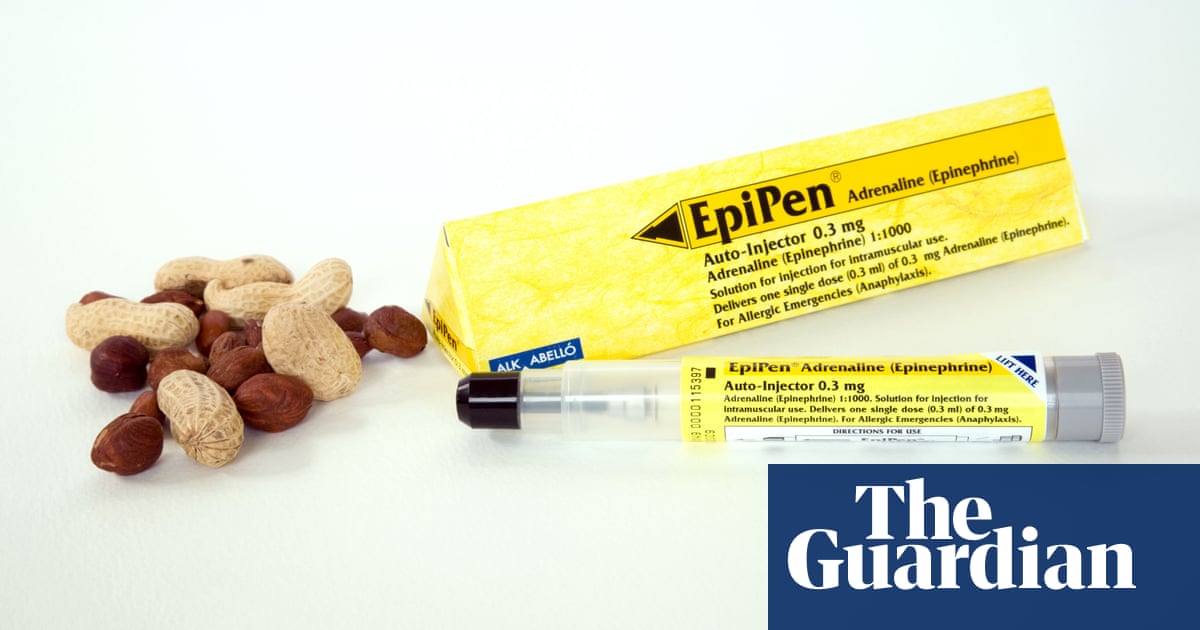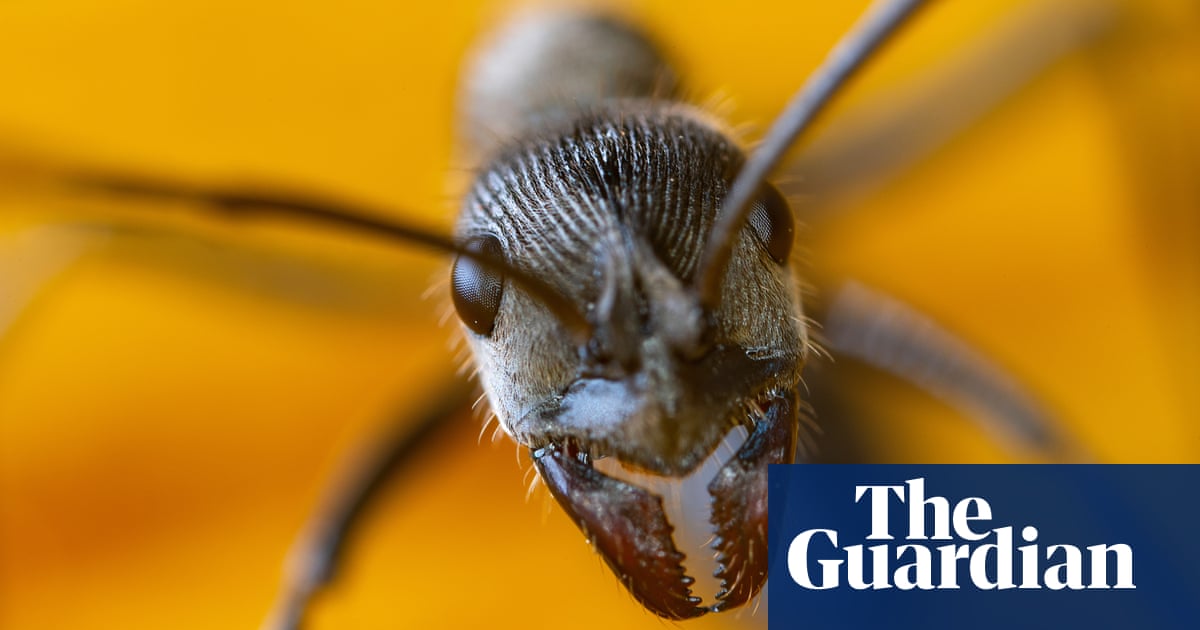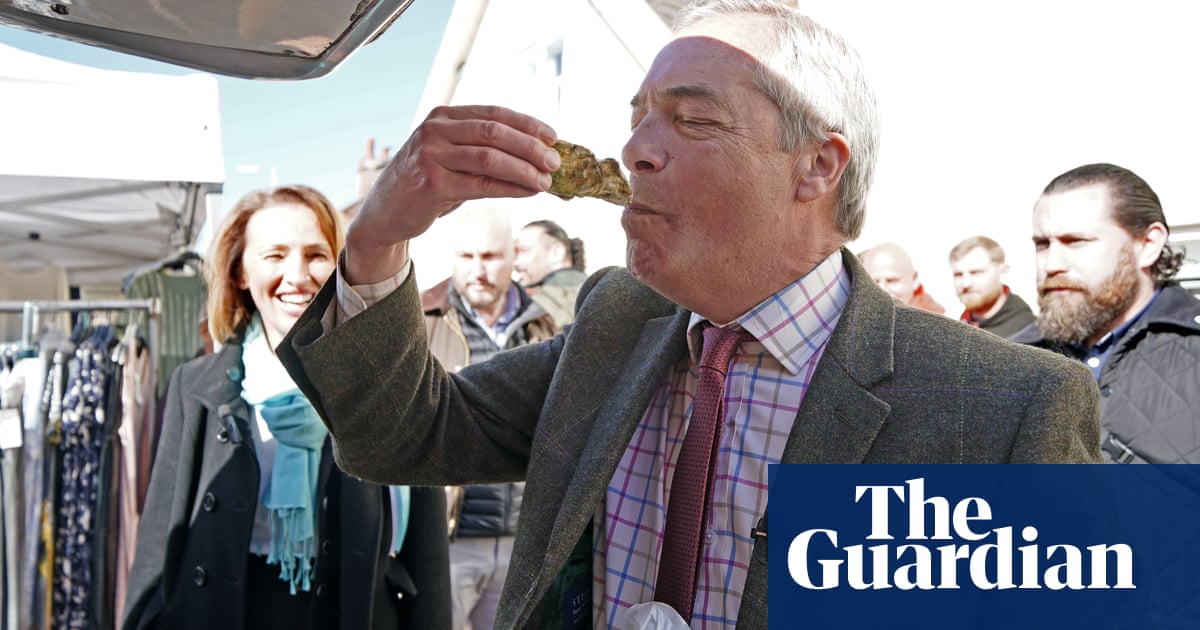The UK’s targets to stop the destruction of the natural world are so inadequate that they could be met even if all the country’s bees, wasps, ants and moths were to go extinct, the government has been warned.
Natural England’s red list and the government’s biodiversity indicators are used to measure changes in species abundance and as the baseline measures for targets to halt species extinction.
However, the government has admitted the lists have critical gaps as they do not account for large groups such as moths, lice and hymenoptera (bees, wasps, and ants).
On Friday, the government told the science committee it had no plans to expand the lists owing to limited availability of data.
The chair of the science, innovation and technology committee, Chi Onwurah, said: “While the department acknowledged that there were gaps in its species abundance and risk indicators, it stopped short of agreeing to fix these gaps, citing a lack of data.
“Insects and invertebrates are as crucial as pollinators in supporting natural and agricultural environments, and their numbers need to be monitored. If they are not included in official metrics, statutory targets to halt and reverse species extinction could be met even if all the UK’s bees, wasps, ants and moths go extinct.
“This is very worrying. I hope that the government will be able to tell us how it will monitor the decline of all these species, and how it will fill its data gaps.”
The Department for Environment, Food and Rural Affairs (Defra) said: “It is important to note just because a species is not included in the species abundance or extinction risk indicators, this does not mean that we will not be taking steps to conserve it.”
The committee also asked for an update on the national action plan on sustainable pesticide usage and recommended that it include targets for reduction. The first plan was published in 2013 and an update was due in 2018 but is seven years late.
Defra said it was “working on publishing” the plan, but did not commit to including pesticide reduction targets.
Vicki Hird of the Wildlife Trusts said: “Action from this government can not come fast enough to reverse the disastrous decline in insects in the UK - not only critical pollinators but all the vital species building soils, circulating nutrients, feeding other animals and keeping pest in check. Whilst these are promising words we need to see more resources such as for the Environmental Land Management schemes helping farmers support beneficial insects. We’ve been waiting 8 years for the national Action Plan in pesticides - how much longer?”
after newsletter promotion
A spokesperson for the charity Buglife said: “We welcome the government’s recognition that insects are in decline and that it threatens food security, but it is more urgent than ever that we understand and address the root causes.
“Insects and other invertebrates are the foundations of a healthy environment, helping to do far more than just pollinate crops. They underpin our ecosystems and without healthy populations, it will be impossible to halt nature’s decline.
“We urge the government to be more ambitious, by filling gaps in our knowledge beyond a small select group of species. Action must be taken without delay, applying the precautionary principle to address crucial neglected issues such as light pollution, habitat fragmentation and the widespread use of everyday chemicals to reduce their impact on invertebrates and wider wildlife.”

.png) 2 months ago
22
2 months ago
22


